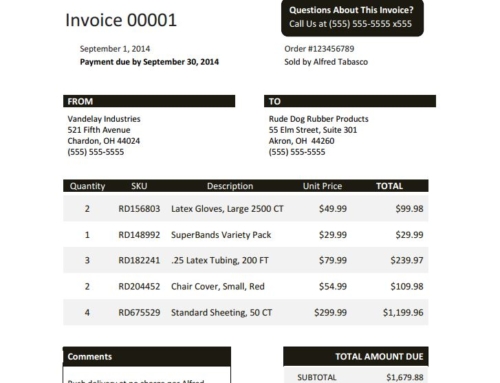For many businesses, the idea of extending credit to potential customers all the way in European countries is a daunting task. It’s much easier for a customer in a far-away country to ignore your requests for payment than for a customer in the same country as you, right? Well, that isn’t entirely true. In fact, pursuing a debt in Europe actually proves to be less costly and time consuming than in the American court system. Below are some of the reasons why.
RECOVERY OF COSTS
When pursuing a legal case in the United States, you are often required to cover all your own legal costs without retribution. In Europe, many jurisdictions require the losing party to cover the lawyer and court costs up to 100 percent. In other jurisdictions, the losing party has to at least cover a share of the fees. This makes it easier and more cost effective to pursue debts in Europe.
GUIDED BY A JUDGE
While the American court system relies on lawyers to present evidence and guide the court case, in Europe the judge does this. The judges decides the relevant issues of the case based on the pleading of the parties and, based on the relevant issues that are chosen, evidence is taken. This allows court cases to speed along more quickly.
NO DISCOVERY
One of the most costly areas of navigating the American court system is the cost of lawyers. This is because the lawyers are getting paid by the hour for a team to look through every document, email and record to present. Without a discovery in the European court case, there is no huge cost associated with pursuing the debt. And again, there is the possibility of a recovery of costs if you win the case.
If you currently have outstanding debts with your customers overseas or you are considering opening up to the European market, there are some things to keep in mind when you need to begin collecting. If a customer ends up repeatedly ignoring your attempts to collect, here is what you will want to do next:
- Send no more than 2 dunning letters attempting to collect on the outstanding amount. Sending more than 2 is simply a waste of your time and puts you back further on your attempts to collect.
- Check the statute of limitations in the country that you’re attempting to collect in. Make sure you have not gone past the local statute of limitations.
- Find a lawyer in the country that you are attempting to collect in. They will send another dunning letter to the customer. If that is ignored, it will go to court.
- You will need to provide the lawyer with the following documents: a signed contract, purchase order, acknowledgement of purchase order, delivery receipts, invoice and terms and conditions.
Just because the court system in Europe is not the same as the court system in the United States does not mean that it’s a lost cause to business there. With proper research and some guidance from a local lawyer, you can be on your way to expanding your business internationally.




